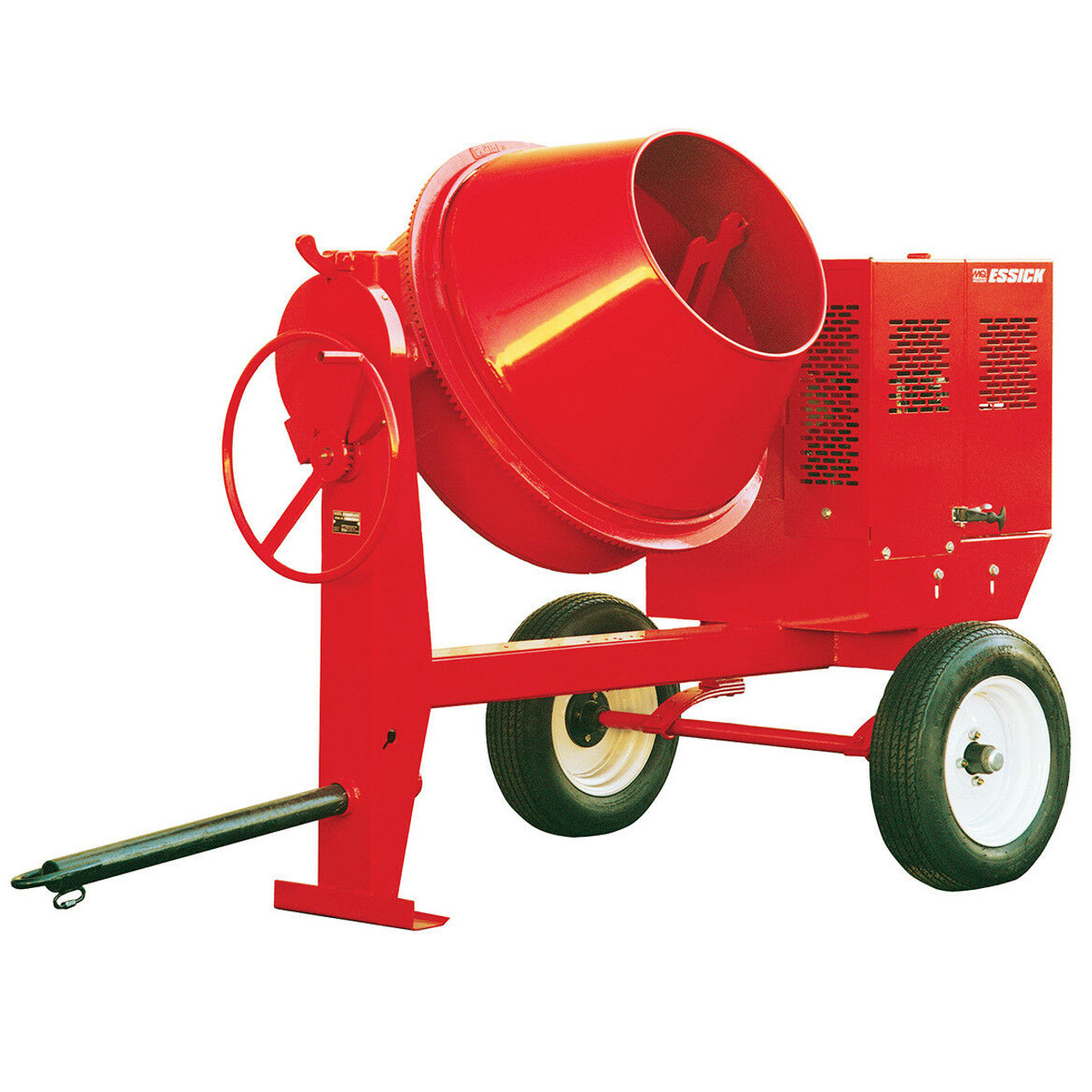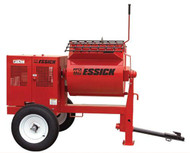Multiquip is renowned for its reliable and high-quality construction equipment, serving a multitude of industries worldwide. Whether it's generators, pumps, compaction equipment, or concrete mixers, Multiquip machines are renowned for their reliability and performance. However, like any machinery, they require proper maintenance to ensure smooth operation and longevity.
Here’s a guide to effective ways to keep your Multiquip equipment running smoothly.
Understanding Multiquip Equipment
Before discussing maintenance tips, it's crucial to understand the basic components and operational principles of Multiquip equipment. Multiquip manufactures a wide range of machinery designed for various applications, each with its unique features and requirements.
- Identify Your Equipment: Start by familiarizing yourself with the specific Multiquip equipment you own. This includes understanding its model, capacity, power source (e.g., gasoline, diesel, electric), and intended use.
- Refer to the Manual: The owner's manual provided by Multiquip contains valuable information regarding operation, maintenance, and troubleshooting. Make sure to keep it accessible and refer to it regularly for guidance.

Essential Maintenance Practices
Regular maintenance is essential for ensuring optimal performance and reliability of Multiquip equipment. Here are some easy-to-follow maintenance practices.
Scheduled Inspections
Perform routine inspections of your equipment to identify any signs of wear, damage, or malfunction. Check for leaks, loose bolts, worn-out components, and unusual noises. Address any issues promptly to prevent further damage.
Cleanliness
Keep your Multiquip equipment clean from dirt, debris, and buildup. Use compressed air, brushes, or water (where applicable) to remove accumulated grime from surfaces, filters, radiators, and cooling fins. Clean equipment operates more efficiently and experiences fewer problems.
Fluid Levels
Check fluid levels regularly, including engine oil, coolant, hydraulic fluid, and fuel. Top up fluids as needed and replace them according to the manufacturer's recommendations. Neglecting fluid maintenance can lead to overheating, engine damage, and premature wear.
Air Filters
Air filters prevent dust and debris from entering the engine, thus protecting internal components from damage. Inspect air filters regularly and clean or replace them as necessary. Clogged filters restrict airflow, reducing engine performance and fuel efficiency.
Fuel System
Maintain a clean and efficient fuel system by using clean, high-quality fuel and regularly inspecting fuel lines, filters, and injectors. Drain any water or contaminants from the fuel tank and replace fuel filters at recommended intervals.
Lubrication
Proper lubrication is crucial for reducing friction and wear between moving parts. Follow the manufacturer's recommendations for lubricating points, using the appropriate lubricants and greases. Over-lubrication can be as detrimental as under-lubrication, so apply the right amount carefully.
Battery Maintenance
If your Multiquip equipment is powered by a battery, ensure it's kept charged and properly maintained. Clean the battery terminals regularly, check electrolyte levels (if applicable), and replace old or faulty batteries promptly.

Storage and Shelter
When equipment is not in use, store it in a clean, dry environment away from extreme temperatures, moisture, and direct sunlight. Use protective covers or shelters to shield equipment from the elements and minimize corrosion.
Cooling System Maintenance
The cooling system is critical for regulating engine temperature and preventing overheating. Regularly inspect radiator fins, hoses, and coolant levels to ensure proper cooling system function. Clean radiator fins of debris and inspect hoses for signs of leaks or deterioration. Replace the coolant according to manufacturer recommendations and flush the system periodically to remove contaminants.
Belt and Chain Inspection
If your Multiquip equipment utilizes belts or chains for power transmission, inspect them regularly for wear, tension, and alignment. Replace worn or damaged belts and adjust tension to manufacturer specifications. Lubricate chains as needed to prevent excessive wear and ensure smooth operation. Proper belt and chain maintenance reduces the risk of unexpected failures and prolongs component life.
Safety System Checks
Safety is essential in any industrial or construction environment. Regularly inspect safety features and systems on your Multiquip equipment, such as emergency shut-off switches, guards, and warning labels. Ensure that safety devices are functional and not bypassed or tampered with. Conduct periodic safety training for equipment operators to promote safe operating practices and prevent accidents or injuries.
Environmental Considerations
Environmental factors can impact the performance and longevity of Multiquip equipment. Consideration should be given to factors such as dust, humidity, temperature extremes, and exposure to corrosive substances. Implement measures to mitigate environmental hazards, such as using protective covers, installing air filtration systems, and applying corrosion-resistant coatings where applicable. Regularly inspect equipment for signs of environmental damage and take proactive steps to minimize its impact.
Replacement of Worn Parts
Despite diligent maintenance, certain components of Multiquip equipment may wear out over time due to normal usage. It's essential to monitor wear on critical components such as bearings, seals, and hydraulic cylinders and replace them when necessary. Using genuine Multiquip parts ensures compatibility and optimal performance. Regularly check for signs of wear during inspections and preemptively replace worn parts to avoid costly downtime and potential equipment damage.

Preventive Maintenance Schedule
Developing a preventive maintenance schedule is essential for staying organized and ensuring that maintenance tasks are performed consistently. Here's a sample schedule you can adapt to suit your specific equipment and operating conditions.
- Daily: Conduct visual inspections, check fluid levels, and clean filters and surfaces.
- Weekly: Inspect belts, hoses, and electrical connections. Lubricate moving parts and grease fittings as needed.
- Monthly: Perform more comprehensive inspections, including checking engine compression, inspecting spark plugs (if applicable), and testing safety features.
- Quarterly/Semi-Annually: Replace fuel and air filters, inspect and clean cooling systems, and check for signs of wear on critical components.
- Annually: Conduct a thorough inspection and service, including testing electrical systems, inspecting brake systems (if applicable), and checking for structural integrity.

Ready to optimize the performance and longevity of your Multiquip equipment? Look no further than TMS Equip, your one-stop destination for all things Multiquip. With a comprehensive inventory including Multiquip mortar mixers, Multiquip concrete mixers, vibrating plate compactors, compaction rammers, Multiquip trash pumps, and more, we have everything you need to keep your operations running smoothly. Plus, with over 100,000 Multiquip parts available, you can trust us to provide genuine replacements for seamless operation.
Contact us and place an order for Multiquip equipment or replacement parts.


